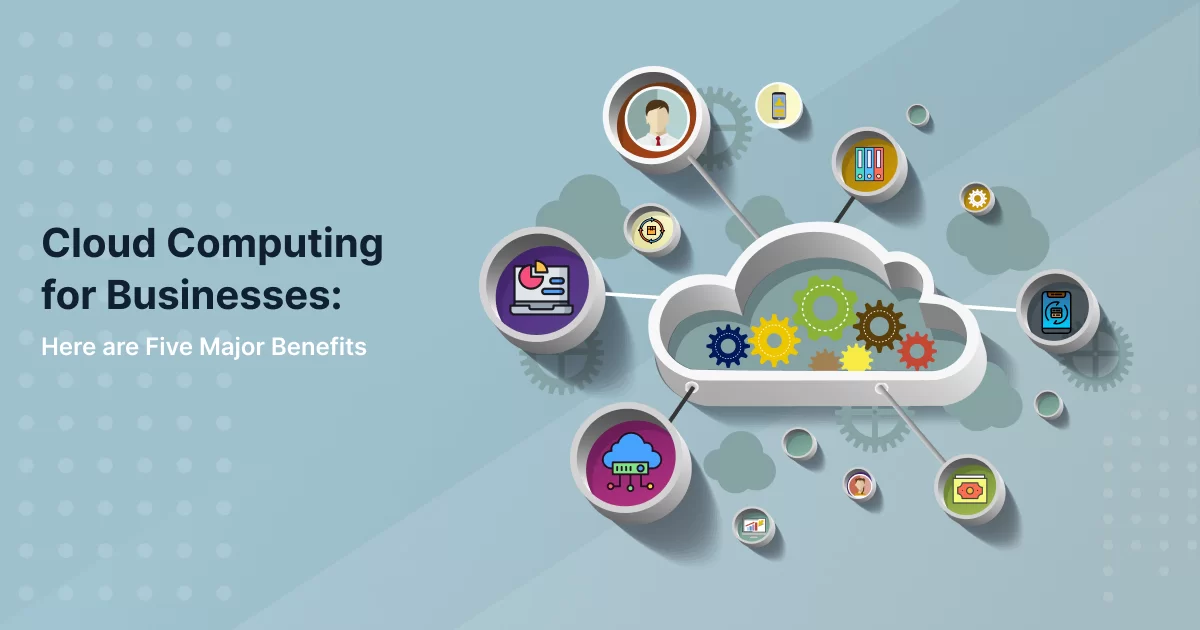Cloud Computing in Manufacturing: Streamlining Production and Operations
Advertisment
Cloud Computing in Manufacturing: Streamlining Production and Operations
Cloud Computing is transforming the manufacturing industry by providing innovative solutions that enhance operational efficiency, improve supply chain management, and drive data-driven decision-making. As manufacturers increasingly adopt cloud technologies, they can optimize production processes, reduce costs, and foster innovation. This article explores the benefits, applications, challenges, and best practices of Cloud Computing in manufacturing.
1. Understanding Cloud Computing in Manufacturing
1.1. Definition of Cloud Computing
Cloud Computing refers to the delivery of computing services—including storage, processing power, and applications—over the internet. This model allows manufacturers to access resources on-demand, offering flexibility and scalability to meet their specific operational needs.
1.2. Importance for Manufacturers
In the manufacturing sector, Cloud Computing plays a critical role in managing complex operations, enabling real-time data access, and facilitating collaboration across various departments. By leveraging cloud-based solutions, manufacturers can streamline their operations and improve product quality.
Keywords: Cloud Computing, manufacturing, operational efficiency
2. Benefits of Cloud Computing in Manufacturing
2.1. Enhanced Data Management
Cloud solutions provide manufacturers with centralized data storage, allowing for real-time access to production data and analytics. This accessibility enhances decision-making and improves overall efficiency.
2.2. Cost Reduction
By adopting Cloud Computing, manufacturers can significantly reduce the costs associated with maintaining on-premises infrastructure. The pay-as-you-go model allows organizations to allocate resources effectively and invest in innovation.
2.3. Improved Collaboration
Cloud-based tools facilitate collaboration among various teams within manufacturing organizations. By enabling real-time sharing of information and resources, these tools help improve communication and coordination.
2.4. Scalability
Cloud services offer the flexibility to scale resources based on demand. Manufacturers can quickly adjust their IT infrastructure to accommodate changes in production volumes or operational requirements.
Keywords: data management, cost reduction, collaboration, scalability
3. Key Applications of Cloud Computing in Manufacturing
3.1. Enterprise Resource Planning (ERP)
Cloud-based ERP systems (e.g., SAP, Oracle) provide manufacturers with comprehensive solutions for managing operations, from procurement and inventory management to production and finance. These systems enhance operational efficiency and provide valuable insights.
3.2. Internet of Things (IoT) Integration
Cloud Computing enables the integration of IoT devices, allowing manufacturers to monitor equipment and production processes in real-time. This connectivity helps identify issues quickly and optimize maintenance schedules.
3.3. Supply Chain Management
Cloud-based supply chain management solutions provide manufacturers with enhanced visibility into their supply chains. By leveraging real-time data, organizations can make informed decisions and respond to fluctuations in demand more effectively.
3.4. Quality Control and Compliance
Cloud technologies facilitate quality control processes by providing manufacturers with tools to track and analyze product quality metrics. These solutions also help ensure compliance with industry regulations by maintaining accurate records.
Keywords: ERP, IoT integration, supply chain management, quality control
4. Challenges of Cloud Computing in Manufacturing
4.1. Data Security Concerns
Manufacturers handle sensitive data, making data security a critical issue. Ensuring compliance with regulations and protecting intellectual property requires careful selection of cloud providers and robust security measures.
4.2. Integration with Legacy Systems
Many manufacturing organizations rely on legacy systems that may not easily integrate with cloud solutions. Developing a clear integration strategy is essential for a successful transition to cloud-based services.
4.3. Change Management
Implementing Cloud Computing in manufacturing often requires a cultural shift within the organization. Resistance to change among employees can pose challenges in adopting new technologies and processes.
Keywords: data security, integration challenges, change management
5. Best Practices for Implementing Cloud Computing in Manufacturing
5.1. Conduct a Needs Assessment
Before adopting cloud solutions, manufacturers should assess their specific needs and operational goals. This evaluation will help identify which cloud services align best with their requirements.
5.2. Choose a Trusted Cloud Provider
Selecting a reputable cloud provider with experience in the manufacturing sector is crucial. Manufacturers should evaluate providers based on their security measures, compliance capabilities, and customer support.
5.3. Prioritize Employee Training
Providing training for staff on cloud technologies and best practices is essential for successful implementation. Educated employees can leverage cloud tools effectively and contribute to improved operational efficiency.
5.4. Implement Strong Security Protocols
Manufacturers must prioritize data security by implementing encryption, access controls, and regular security audits. These measures are vital for protecting sensitive information and maintaining trust.
Keywords: needs assessment, trusted provider, employee training, security protocols
6. Conclusion
Cloud Computing is revolutionizing the manufacturing industry by enhancing operational efficiency, improving data management, and enabling data-driven decision-making. By embracing cloud technologies, manufacturers can optimize their operations and foster innovation in an increasingly competitive market. Understanding the challenges and implementing best practices will enable organizations to leverage Cloud Computing effectively in the manufacturing sector.
Advertisment








Post Comment